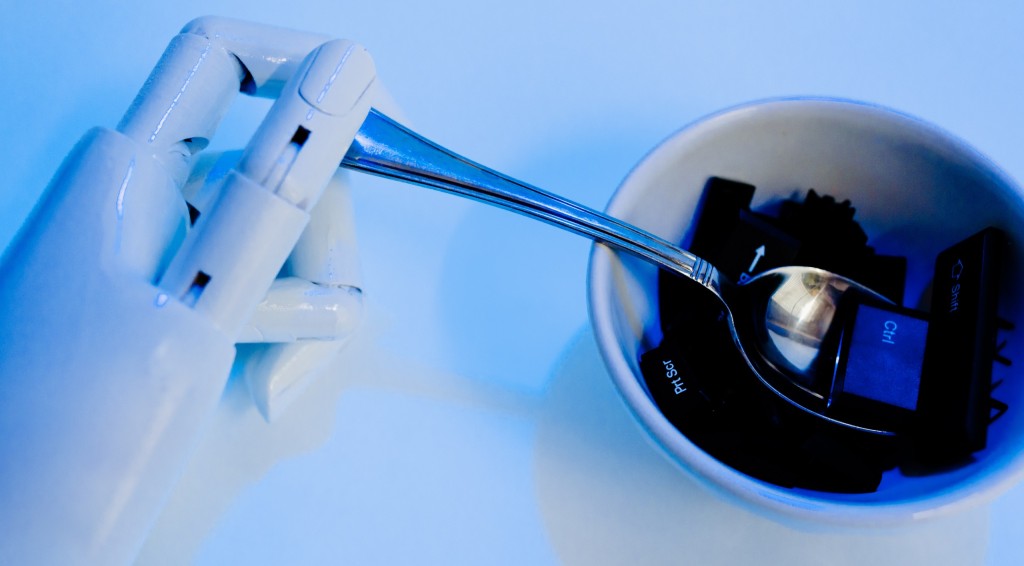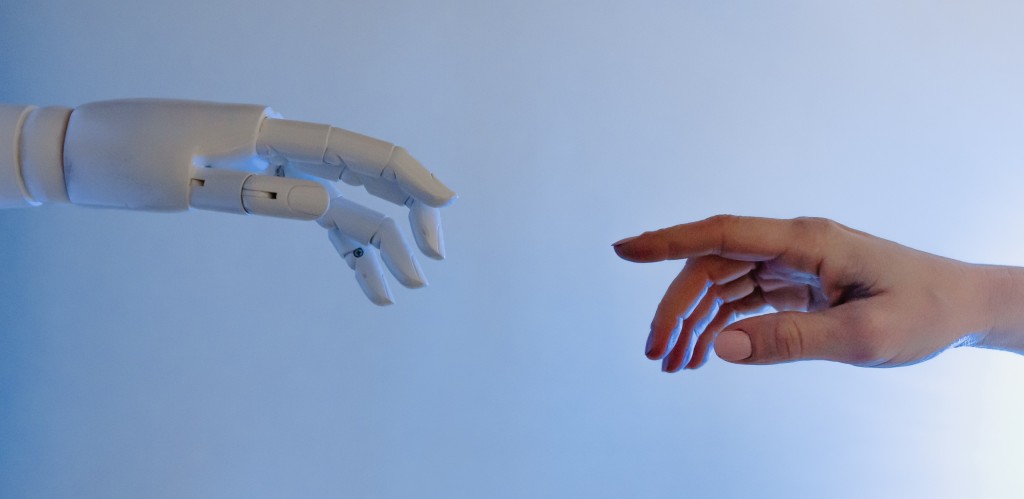The development of software testing, which aims to increase the quality by minimizing the possible errors of software, which is indispensable in the developing world with technology, continues rapidly.
Today, both the need for software testing and the awareness of the subject have increased. For this reason, issues such as how the test can be done faster and more effectively and how it can be automated are discussed more and more every day. Artificial intelligence is on the agenda in software testing, as it is in almost every field of technology. First of all, let’s learn a little about artificial intelligence.
Artificial intelligence machines are machines that collect data from input sources in artificial ways and process this data. For example, there are artificial intelligence widgets in the camera that make unfiltered photos look better, suggest posts similar to likes on social media, and bring you better search results based on your mobile phone search history. At the moment, of course, there is a little more time before the humanoid robots we see from famous movies such as Terminator and The Matrix.
How does artificial intelligence collect and process data?
Data is still produced by humans using natural methods. There are several data sources and one of them is people. For example, you add a person as a friend in one of the social media applications, tag people under your photo or post a new photo and add the name of the place you are going. Therefore, you produce some data directly with your own hands. Another source of data is sensors. When we think of sensors, we do not need to think of specialized industrial sensors such as temperature sensors, pressure sensors, height sensors. Your mobile devices also have a lot of sensors. Sensor is a word that comes from the root of “sense” in English. In this respect, the camera, GPS receiver, gsm transceiver and bluetooth transceiver in your mobile device are all sensors. Each of these “sense” some signals and record them. Therefore, one of the sources that produce data is the mobile devices we carry with us. Another is the EDS cameras we encounter every day; they are on record at all times and perceive where we are. As a result, we are surrounded by a lot of sensors, and we carry some of them with us voluntarily. We also produce a lot of data voluntarily and make it available to artificial intelligence.
When we consider the use and development of artificial intelligence in so many areas, it becomes clear how important the test subject is.
In the coming days, it seems to be used a lot in the field of artificial intelligence testing. Considering that AI (artificial intelligence) and ML (Machine Learning) will have increasing applications; We can say that there will be test automation technologies and tools that are smarter in creating test cases, test scripts, testing test data, and maintaining and reusing test scripts. In addition, AI and ML technologies will bring advances in creating test cases, predicting application behavior and corresponding test levels. Intelligent analytics can be offered to help intelligent test tools better diagnose defects, visualize test results and overall product quality using multi-source data.

AI/ML can also be used to automate the automation. We can learn from testing and automate the process. Instead of the quality engineer writing automation scenarios, AI can write faster, cheaper and better scenarios.
Experts on artificial intelligence say that “Most systems or applications will be tested by AI / ML in the future, the API world is one of the closest to this, so it will become easier to test APIs”.
When we look at the effects of AI in the field of manual testing; some organizations are still considering whether to use AI in their product engineering applications. As humans are currently better than a machine in terms of creativity, exploration, understanding, analysis, and application of knowledge, applications in these areas will often be driven by manual testing, while the remaining areas will likely transition to artificial intelligence over time.
When we look at the effects of AI in the field of test automation, when the first investment is made to establish an AI system for test automation, organizations will be able to test more with less money. These savings will then allow for more time to test undisclosed areas and exploratory testing, so that better software can be targeted by investing in today’s increasing areas of QA innovation.
After AI, I don’t think human testers need to worry about their careers becoming obsolete. You just have to start thinking differently about the future of testing. However, it is also important to find a balance. For example, it will be important for AI and automation to come here to make things easier when running regression tests that need to be repeated over time. This will allow testers to focus on the more interesting and specific parts of software testing and increase their contribution to the creation of higher quality products.
In summary; In the future, artificial intelligence and the world of testing will be in close cooperation. Testers who make the most of this collaboration and turn it into an opportunity will be among the winners.
The best way is for humans and machines to coexist and build on each other’s strengths.


